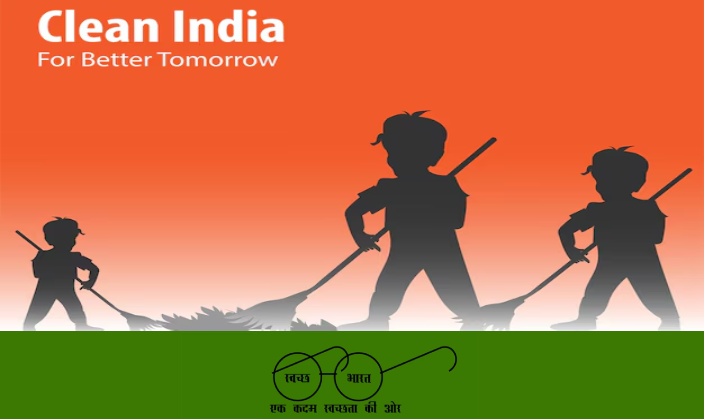Pune’s Cleanliness Drive: A Swachh Bharat Success.

Pune, a vibrant urban hub, has embraced the Swachh Bharat Mission (SBM) to transform its sanitation landscape. Launched in 2014, SBM aims to eliminate open defecation and enhance waste management, with Pune’s efforts yielding measurable results. By 2019, India reduced open defecation by 450 million, with Pune contributing significantly through initiatives like the SWaCH cooperative, where 3,000+ women waste pickers recycle 50,000 tonnes of waste annually, serving 600,000 households. The Pune Municipal Corporation (PMC) reported 100% door-to-door waste collection in 2023, covering 1.2 million slum residents.
Despite progress, challenges persist. A 2022 survey found 40% of Pune households fail to segregate waste, burdening SWaCH workers. Illegal dumping in areas like Kothrud and Hadapsar remains a concern, with 150 chronic garbage spots cleared in 2023. The PMC’s innovative “Puneri Patya” campaign, launched in 2019, uses sarcastic signboards to deter littering, inspired by traffic police’s humorous notices. For instance, signs like “Throw garbage here, and we’ll frame it as art” have reduced littering by 20% in pilot areas like Narayan Peth.
Legally, the Solid Waste Management Rules, 2016, mandate segregation and penalize non-compliance (fines up to ₹5,000). Citizens can leverage the Right to Information Act, 2005, to demand PMC accountability, as seen in *S.P. Gupta v. Union of India (1981)*, which upheld transparency. Community participation is key—residents can join clean-up drives or report violations via PMC’s toll-free number (1800-1030-222). Educational campaigns, like those by Navrachana University’s NUVshuddhi, show how student-led initiatives can inspire change.
To sustain Pune’s cleanliness, icare4pune.com encourages forming resident committees to monitor waste segregation and collaborate with SWaCH. Schools can integrate sanitation awareness, reducing the 30% littering rate among youth (PMC data, 2023). By aligning with SBM’s Phase II, targeting comprehensive waste management, Pune can achieve “Sampoorn Swachhata” by 2030.
Let’s pledge to keep Pune clean—start by segregating waste today!
